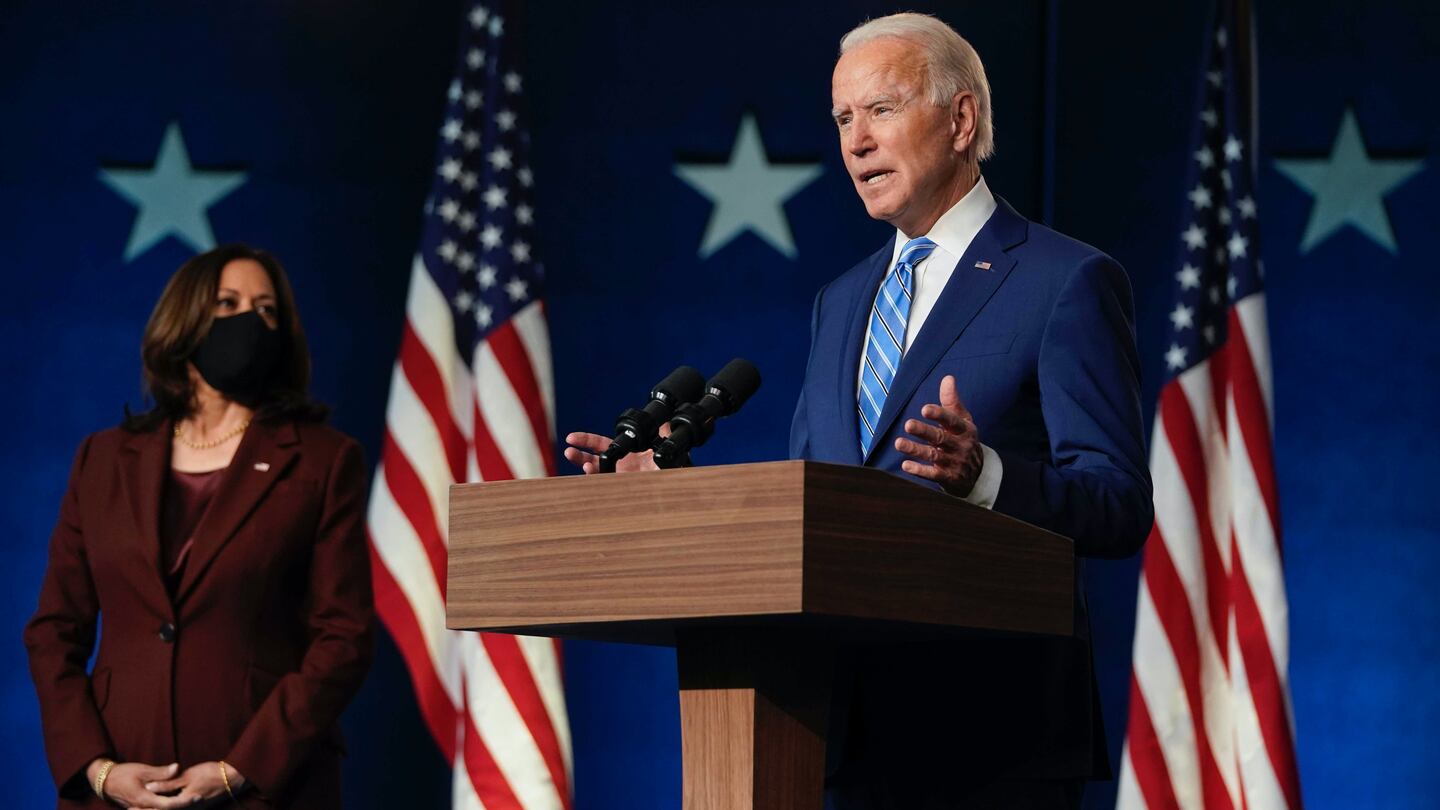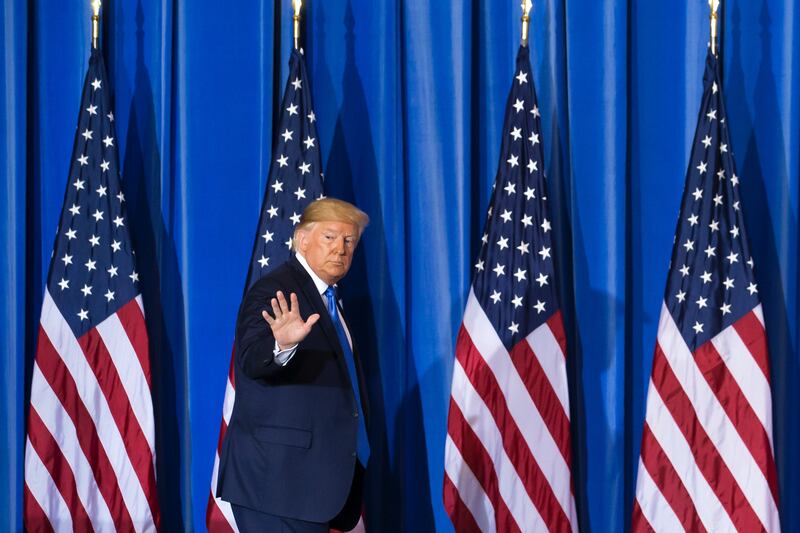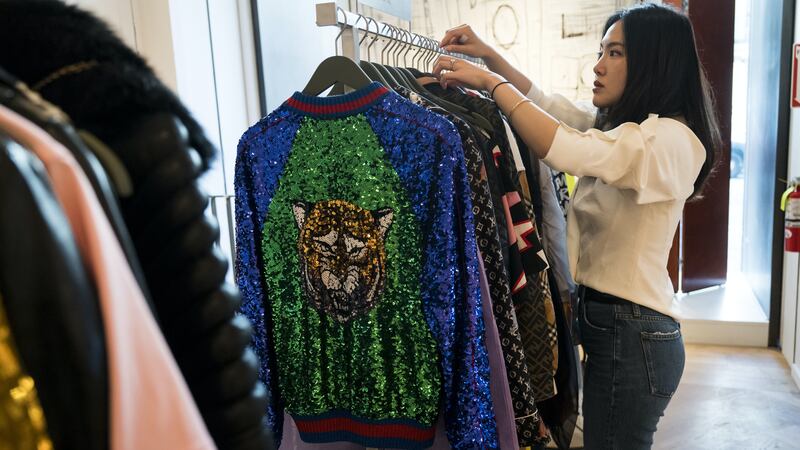
The Business of Fashion
Agenda-setting intelligence, analysis and advice for the global fashion community.

Agenda-setting intelligence, analysis and advice for the global fashion community.

THE CHEAT SHEET
At Last, Some Closure in US Politics

President Donald Trump was defeated in the Nov. 3 election | Source: Tomohiro Ohsumi/Getty Images
The Bottom Line: Many struggling retailers have more immediate concerns, namely the upcoming holiday shopping season. A resolution to the election will help by potentially boosting consumer confidence.
ADVERTISEMENT
The Resale Market Is Getting Real Crowded

Inside The RealReal store in San Francisco in March | Source: Getty
The RealReal is among the biggest and, as the first in the current wave of start-ups to go public, among the best-capitalised. It is one of the few resale sites with physical stores, including a Chicago flagship that opened in October, and has formed partnerships with some big luxury brands. But it's never turned a profit, and has struggled with warehouse closures and the strict lockdown in New York, a major market for the site. With Poshmark and ThredUp, two resale giants that specialise in less-pricey finds, planning IPOs, the real competition to rule this multi-billion-dollar market is just beginning.
The Bottom Line: Farfetch's string of successes this year, culminating in last week's joint venture with Alibaba and Richemont, shows how a start-up can come to dominate the online luxury space without ever turning a profit. Can The RealReal do the same in the fast-growing resale market?
China's Luxury E-Commerce Juggernaut

Alibaba's Singles Day is on Nov. 11 | Source: Courtesy
China's rebound from Covid-19 lockdowns earlier this year has stunned many observers, particularly those in the US and Europe where the economy remains in the doldrums. Singles Day, the world's biggest shopping holiday by a wide margin, will provide another data point for Chinese consumer confidence. For luxury brands, 11.11 is a chance to make up for lost sales in the West.
Farfetch China, the new joint venture between the online luxury marketplace, Alibaba and Swiss conglomerate Richemont, is too new to be a factor this week. But the impact of the tie-up on Chinese e-commerce, and global luxury, will be immense. There is now one clear channel for Western luxury brands to reach Chinese consumers online. And the fact that both Richemont and rival Kering, via the Pinault family's investment unit, are backing Farfetch is noteworthy.
ADVERTISEMENT
The Bottom Line: This tie-up likely signals the beginning of a long-awaited consolidation in luxury e-commerce. Farfetch has few rivals that can match its scale (one, Yoox Net-a-Porter, happens to be owned by Richemont). The wildcard is Amazon, which recently launched a luxury platform of its own.
SUNDAY READING
Professional Exclusives You May Have Missed:
The Week Ahead wants to hear from you! Send tips, suggestions, complaints and compliments to brian.baskin@businessoffashion.com.
Was this BoF Professional email forwarded to you? Join BoF Professional to get access to the exclusive insight and analysis that keeps you ahead of the competition. Subscribe to BoF Professional here.
From analysis of the global fashion and beauty industries to career and personal advice, BoF’s founder and CEO, Imran Amed, will be answering your questions on Sunday, February 18, 2024 during London Fashion Week.
The State of Fashion 2024 breaks down the 10 themes that will define the industry in the year ahead.
Imran Amed reviews the most important fashion stories of the year and shares his predictions on what this means for the industry in 2024.
After three days of inspiring talks, guests closed out BoF’s gathering for big thinkers with a black tie gala followed by an intimate performance from Rita Ora — guest starring Billy Porter.